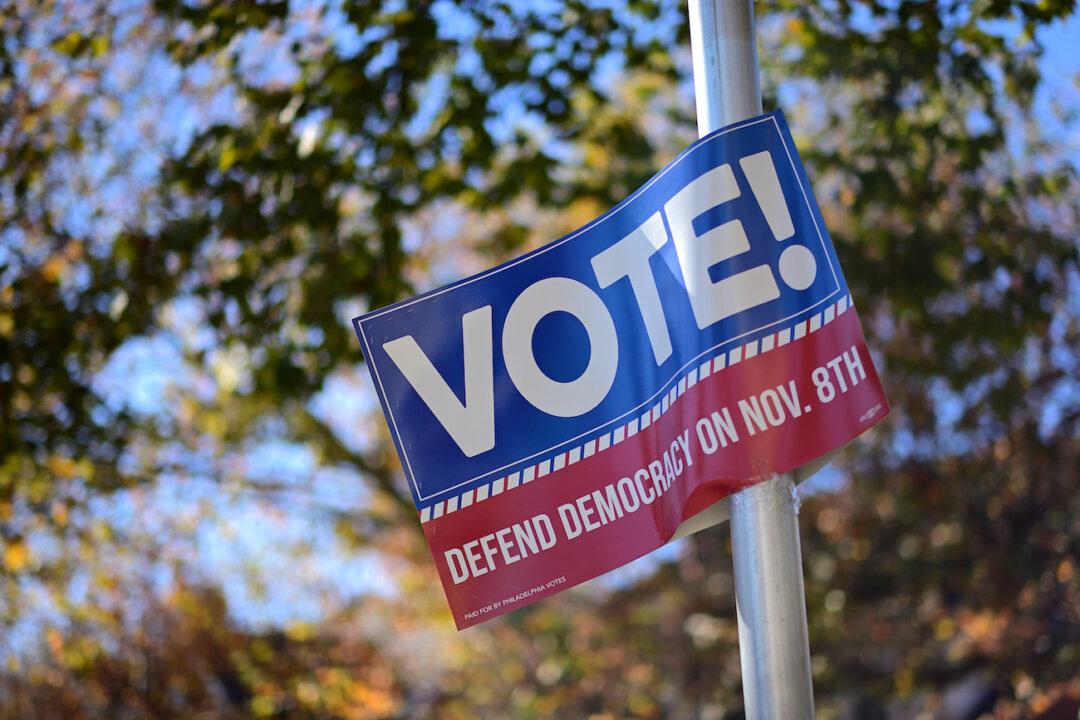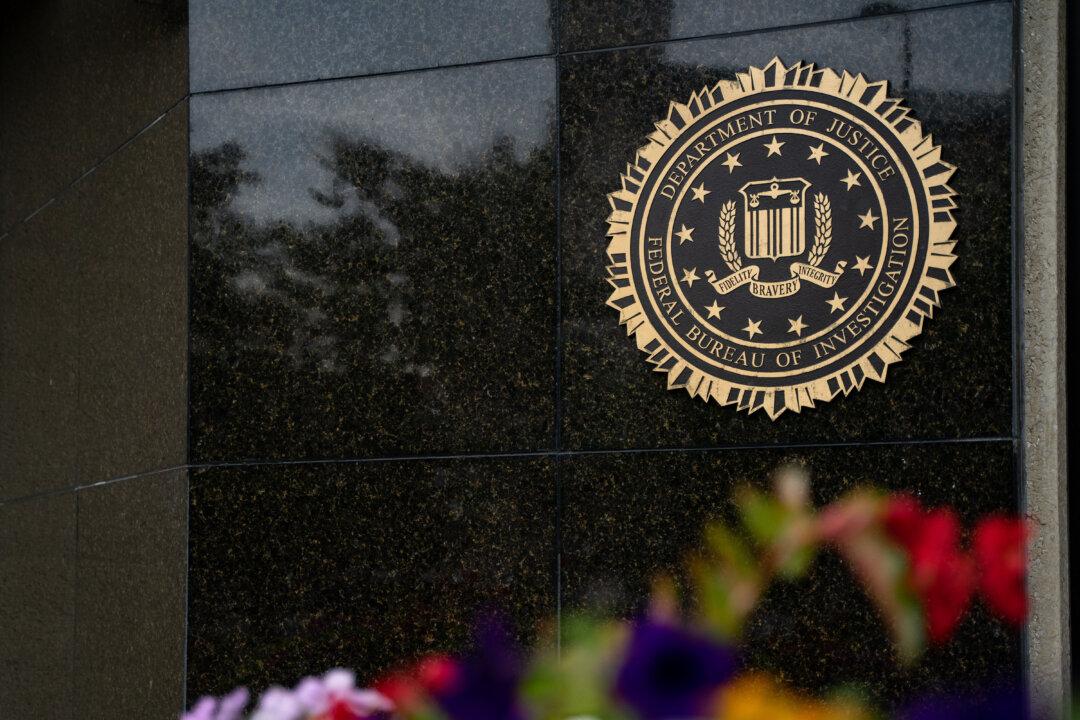Commentary
Once upon a time, U.S. politics was characterized by perfect comity and civility between the two major parties, leading members of which, from the president on downward, were always respectful and polite to one another, even when their differences of opinion were at their sharpest.





